Kitah Daled (4th Grade) Information
Kitah Daled (4th Graders) are just beginning to upgrade their capacity to retain a more in depth approach to basic prayer on a level more philosophical than reciting from memory. Our texts offer practical opportunities for learning about prayer and Israel, but there is parallel learning accompanying these materials to allow for a more thoughtful and personal approach to these units.
Goals:
- To study the beginning of the prayer service, the Shema and its blessings (this year only)
- To study the Hebrew months of the year, the holidays associated with each month, and the blessings and rituals performed on each holiday
- To continue studying the parshiyot (weekly Torah portion), beginning with a quick review of the books of Exodus through Deuteronomy and focusing on the prophets and the writings while incorporating drama as a means of exploring each story.
- To explore the Jewish lifecycle, from birth through death
- To derive Jewish values from Jewish folklore and stories
Hebrew studies intensify as students continue to master the structure and order of the first part of the prayer service. Students will be required to read the Hebrew prayers, translate key words, and understand the general meaning of each prayer. At the end of the year, students will participate at a Friday night service, demonstrating their ability to lead the congregation in prayer and performing a play based on a folk story from their curriculum.
Through their study of the weekly parsha (Torah portion), students will utilize drama as a means of exploring the text, deriving morals and lessons and discussing their role in the student’s lives. Students will also utilize folk stories and literature as a means of relating Jewish values to their own lives.
Students will be introduced to lifecycle celebrations, with a specific emphasis on b’rit milah and b’rit bat, the covenant established when a baby is born. Students will begin to recognize the important role that ceremony and ritual play throughout the lives of Jewish people.
The fourth grade will receive their siddurim on Sukkot, representing their commitment to Jewish education and the synagogue community.
3rd and 4th grade students and parents will participate in a 2 year Family Education program with the first year focusing on Torah and Mitzvot. The 3 part program will conclude with a trip to the Tenement Museum. The second year will focus on two major ceremonies in the Life Cycle, baby naming and the Jewish wedding ceremony.
Tefilot:
Text: Hineni 1, Behrman House
In this book students receive prayer building blocks such as Baruch, Kadosh, and Ahavah. Activities include: word matching, fluent reading, and search and circle.
Barchu
Ma’Ariv Aravim and Yotzer Or
Shema
VeAhavta
Mee Chamocha
Brachot
Kiddush
Chagim and Mitzvot:
Students will learn to appreciate and observe the Jewish holidays from a fresh perspective. They will explore modern customs and celebrations together with each holiday’s history and ancient traditions. Students will be introduced to selected Bible stories and Midrashim (rabbinical narratives) to illuminate the meaning of each holiday. Finally, students will explore how the festivals are observed in the Modern State of Israel through selected Hebrew folk tales.
Text: Living As Partners With God
Israel:
Text: Basic Judaism for Young People, Israel, Behrman House
Students explore the many meanings of Israel including biblical, historical, and physical.
Topics include:
Eretz Yisrael
Bet Knesset
Yerushalayim Aliyah
Zionism
NOTICE OF NONDISCRIMINATORY POLICY AS TO STUDENTS
The Temple Beth Hillel Religious School admits students of any race, color, national and ethnic origin to all the rights, privileges, programs, and activities generally accorded or made available to students at the school. It does not discriminate on the basis of race, color, national and ethnic origin in administration of its educational policies, admissions policies, scholarship and loan programs, and athletic and other school-administered programs.
